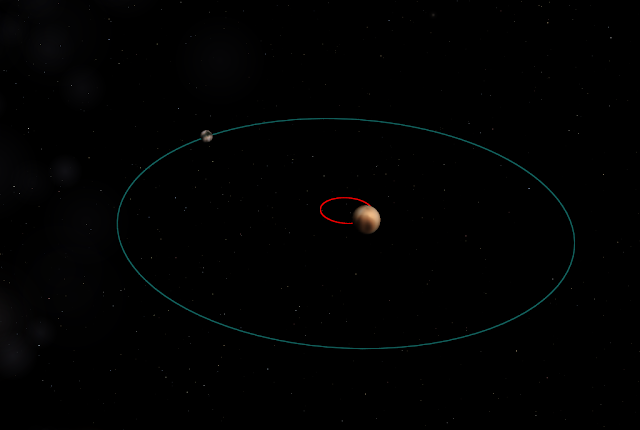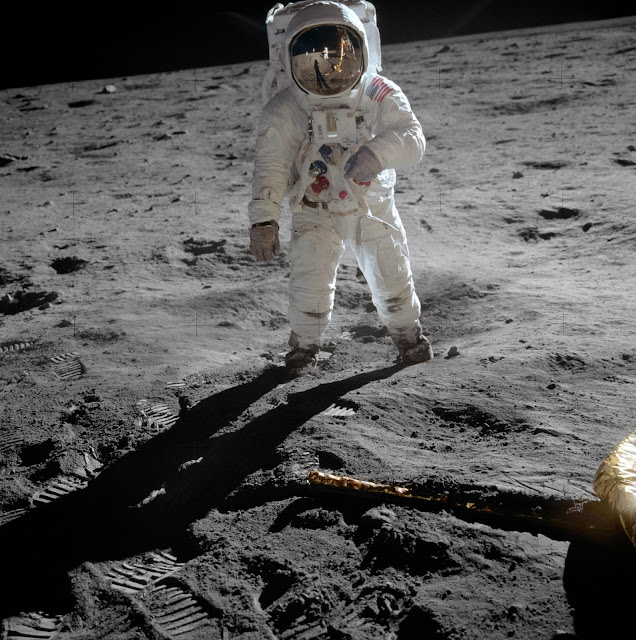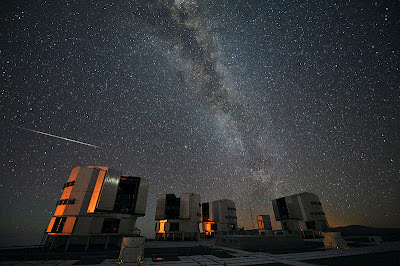If you know a little bit about physics, you know that the speed of light is around 300 million meters per second. If you know a bit more, you know that the exact figure is 299,792,498 meters per second. If you know just a bit more, you know that neither of those are necessarily true.
Here's the problem: "The Speed of Light" is a bit of a misnomer, which is probably one of the reasons scientists tend to just call it c. A more accurate definition of c would be "The Speed Limit of the Universe," because 299,792,498 meters per second is the fastest that any energy, matter, or information can possibly travel. It so happens that light is the only thing we know of that can reach that speed.
 |
| There are contenders, but we haven't quite gotten there yet. |
What that doesn't mean, however, is that light always travels at c. In fact, light only travels at "light speed" in a vacuum. You'll note that the entirety of Earth is not, to our great benefit and relief, a vacuum. We have a whole atmosphere that lets us breathe and stuff.
 |
| That's not to say we don't have some perfectly nice vacuums on Earth |
The effect of the atmosphere on light is relatively small. It shaves off about 90,000 meters per second from light speed, which is a drop in the bucket. "So what's the big deal," you might say, "that's more or less the same. What's the difference?" To which I'd respond, "Are you inside?"
 |
| "Always." |
Because if you are inside, the light you're seeing is traveling significantly slower. Even if it's natural light coming through a window. Glass alone will slow down light by almost a third. These are just natural processes that slow light down. If you put some effort into it, you can make light practically crawl. Physicists at Harvard University, led by Lene Hau, used a bizarre state of matter with densely packed, super-cold atoms to slow light to 17 meters per second. That's 38 miles per hour. That's like you're morning commute, if you don't take the highway. You could beat light to work, depending on the traffic.
A few years later, those same physicists succeeded in turning light into matter and making it just stop. They then revived it and started it moving again a short distance away. So, congratulations. Any time you move, you are travelling faster than light...given the right conditions.
Holy shit.
"Bolt200" by Jmex - Own work. Licensed under CC BY-SA 3.0 via Commons
"Робот пылесос Roomba 780" by Nohau - Own work. Licensed under CC BY-SA 3.0 via Commons
"Sacrumi". Licensed under CC BY-SA 3.0 via Wikipedia - No offense intended :-)
































